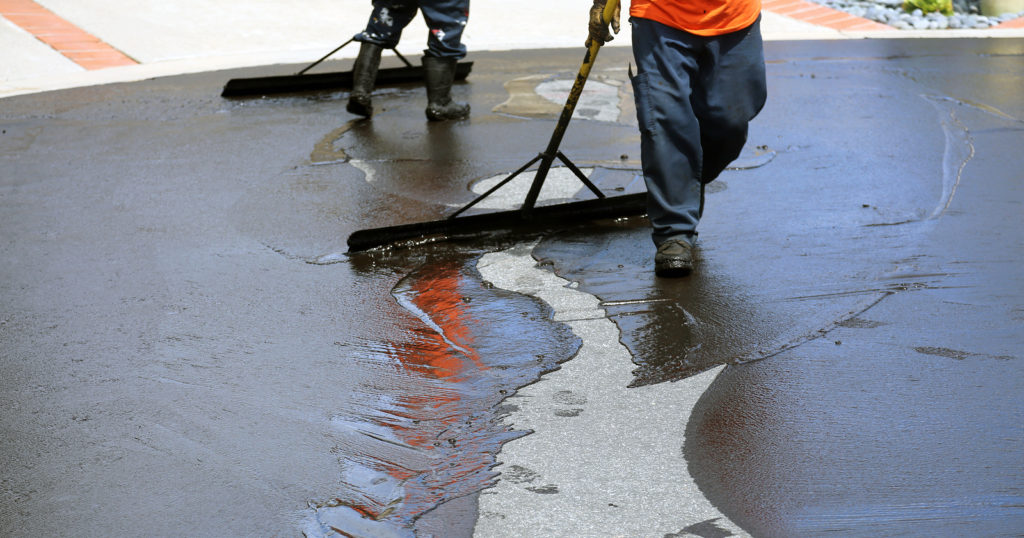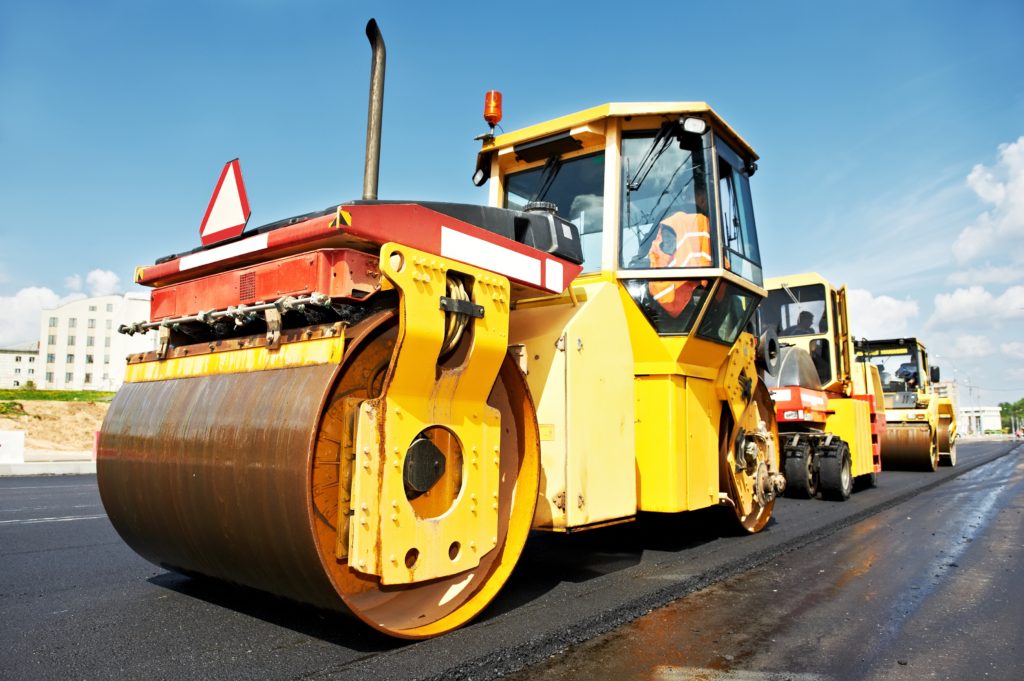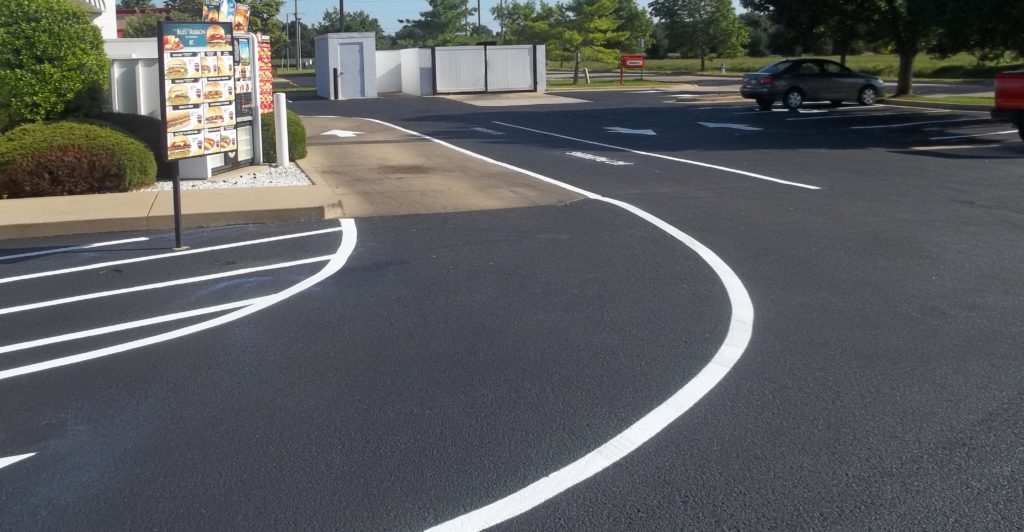When it comes to asphalt maintenance, the most effective method of protection against external elements like inclement weather, harsh chemicals, and natural wear and tear, is sealcoating. However, there are certain approaches you can take to enhance the quality, cohesiveness, and overall performance of your asphalt sealcoating job. One way you can achieve this is by using sealer additives.
Continue reading to learn the top benefits of using sealer additives for asphalt sealcoating, as well as where to find superior commercial paving services near you.

How Sealer Additives Can Improve Asphalt Sealcoating Jobs
There are very many benefits to using sealer additives for sealcoating asphalt pavements. In fact, sealer additives are one of the central components of a top-quality sealcoating mix. They are essential for various reasons, including aesthetic appeal, longevity, structural integrity, performance, and much more. Basically, additives are an essential part of commercial sealcoating work, especially for asphalt pavements.
Advantages of Asphalt Sealcoat Additives
One of the most important benefits of using asphalt sealcoating additives is the quality of fusion and cohesiveness. You see, when it comes to ceiling pavement, one of the most difficult aspects is controlling the sealer film. Most sealcoat mixes must be diluted with water to ensure proper viscosity, however if it’s over diluted, then heavier particles like sand can sink to the bottom of the sealer mix and cause performance issues.
Sealcoating additives prevent heavy particles like sand and filler from sinking to the bottom because it is designed to actually suspend such particles. When such particles are properly suspended within the sealer mix, they are capable of producing a tighter and more cohesive bond during the hydration and curing stages. As a result, asphalt has a consistent and balanced surface appearance.
In fact, sealcoating additives also work to ensure that the final outcome of and asphalt sealcoating project is flawless and uniform. They are designed to dry from the bottom layer upwards, which promotes a more balanced curing process. Without sealer additives, the sealcoating film will drive from the top to the bottom, which takes a lot longer and can render unanticipated results.
What Sealer Additives Do:
► Improves Tension
► Enhances Flexibility
► Fortify Sealer Film
► Increase Asphalt Lifespan
► Prevents Raveling
► Protects Against Moisture Damage
► Creates Balanced Surface
► Gives a Deep Black Asphalt Color
Overall, using sealer additives for asphalt sealcoating work will increase the longevity of your pavement and better protect it from everyday damages. Not only is this important for consumer safety, but it is also highly influential to your overall bottom line as a business owner or commercial proprietor.
Are you looking for a professional commercial paving company to help you prepare your asphalt pavements for the upcoming seasons? Contact ACI Asphalt and Concrete at 317-549-1833 for Indianapolis Indiana asphalt paving and sealcoating services at the most competitive rates in the central parts of the state. We serve commercial, industrial, and municipal clients.
Related Posts:
Primary Factors Used to Calculate the Cost of Asphalt Sealcoating
6 Reasons Why Your Fresh Asphalt or Sealcoat Has Tire Marks
The Difference Between Sealcoating and Resurfacing





